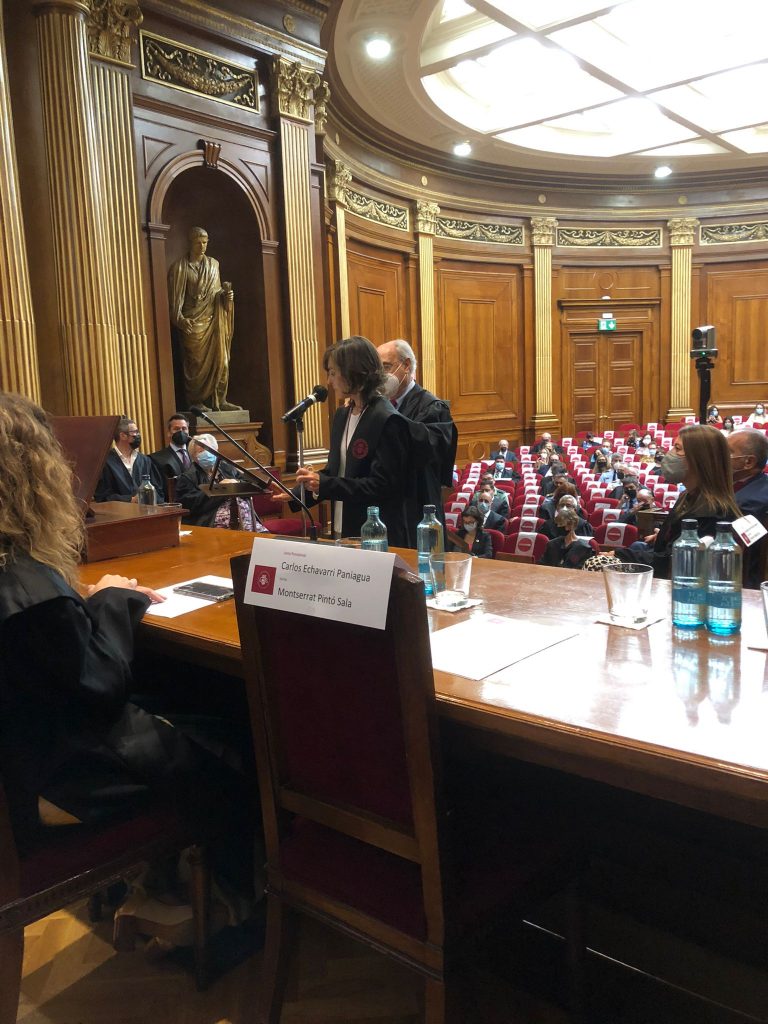
The essays develop normative and empirically-grounded points about how administrative silence is-and might be-addressed, including at the difficult interface between maladministration and illegality. It brings together a wide range of essays on European experiences with the problem of administrative silence, which can variously be caused by a simple error in public bodies, by administrative inertia, and sometimes even by a misuse of power. This is an interesting and important book, for both public law scholars and practitioners.” -Giacinto della Cananea, Professor of Administrative Law at Bocconi University, Italy “This new book on administrative silence, edited by Dacian Dragos, Polonca Kovaˇc, and Hanna Tolsma, is a significant development in the literature in this area. ‘The Sound of Silence in European Administrative Law’ helps to fill the gap that exists in legal literature, by way of a wideranging comparative approach, focusing on both national and EU laws. It also requires shaping the very form of judicial intervention in another manner. Administrative law, when viewed in this way, requires a focus on promoting rights. While this face of administrative law is relatively well known, another is less known, that of administrative inaction. The Sound of Silence in European Administrative Law “According to traditional theories, administrative law is the law relating to the control of government power, its main goal is to protect an individual right, and the courts decide which contrasts to impose on administrative action. The Sound of Silence in European Administrative Law Edited by Dacian C. Dragos, Bogdana Neamtu, Bianca Radu).Pages 399-432Īdministrative Silence: A Polish Perspective (Agata Jurkowska-Gomułka, Kamilla Kurczewska, Katarzyna Kurzępa-Dedo, Dawid Sześciło).Pages 433-457Īdministrative Silence in Lithuania: Case Law and Data from the Administrative Oversight Institutions (Vidmantė Giedraitytė, Agnė Andrijauskaitė, Mantas Bileišis).Pages 459-492īack Matter. Using Legal Fictions to Deal with Administrative Silence: The Case of Romania (Dacian C. The Privilege of Silence in Serbian Administrative Law (Vuk Cucić).Pages 371-398 Legal and Administrative Challenges of Administrative Silence in Slovenia (Tina Sever, Polonca Kovač, Mirko Pečarič).Pages 311-340Īdministrative Silence in Croatia: Between Fiction and Reality (Marko Šikić, Anamarija Musa, Bosiljka Britvić Vetma).Pages 341-370 The Sound of Silence in Spain (Patricia Valcárcel Fernández, Rafael Fernández Acevedo, Sara Sistero Ródenas).Pages 241-278Īdministrative Silence in Portugal (Miguel Assis Raimundo, João Tiago Silveira, Tiago Fidalgo de Freitas, Gonçalo De Andrade Fabião).Pages 279-307 Marseille).Pages 179-212Īdministrative Silence in Italy, Between (Desired) Simplification and (Practical) Complication (Anna Simonati).Pages 213-240 Remedies Against Administrative Silence in the Netherlands (Kars J. Legal Instruments to Confront Administrative Inaction in Belgium: A Gift for the Citizen but a Curse for the Government? (Bengt Verbeeck, Ivo Carlens, Jurgen Neuts, Ludo M.

Silence in the French Administrative System: A Failed Revolution? (Emilie Chevalier).Pages 107-145


Silence of the EU Authorities: The Legal Consequences of Inaction by the EU Administration (Natassa Athanasiadou, Mariolina Eliantonio).Pages 33-63Īdministrative Silence in Germany (Bettina Engewald).Pages 67-106 In Search of an Effective Model: A Comparative Outlook on Administrative Silence in Europe (Polonca Kovač, Hanna D.


 0 kommentar(er)
0 kommentar(er)
